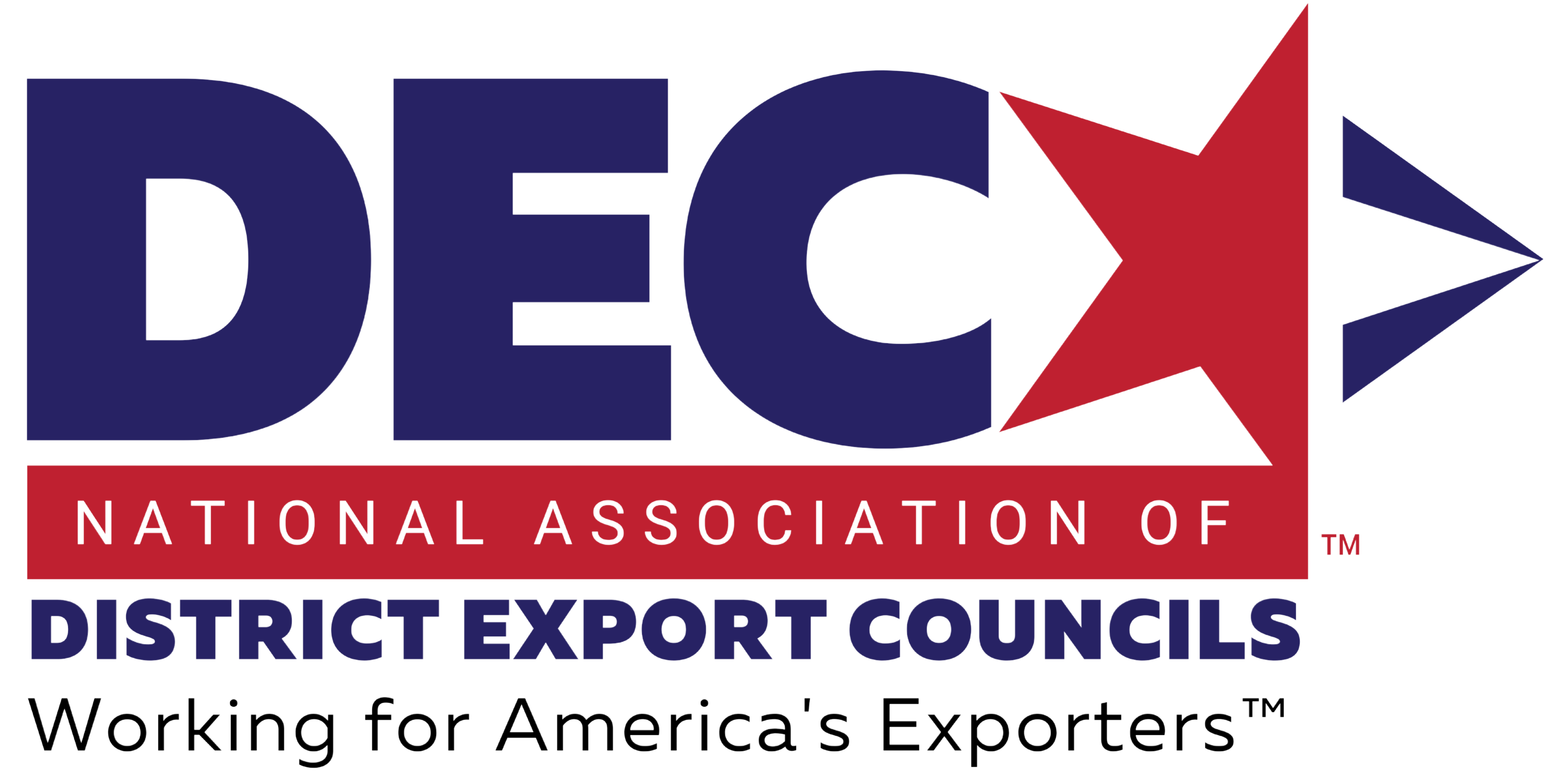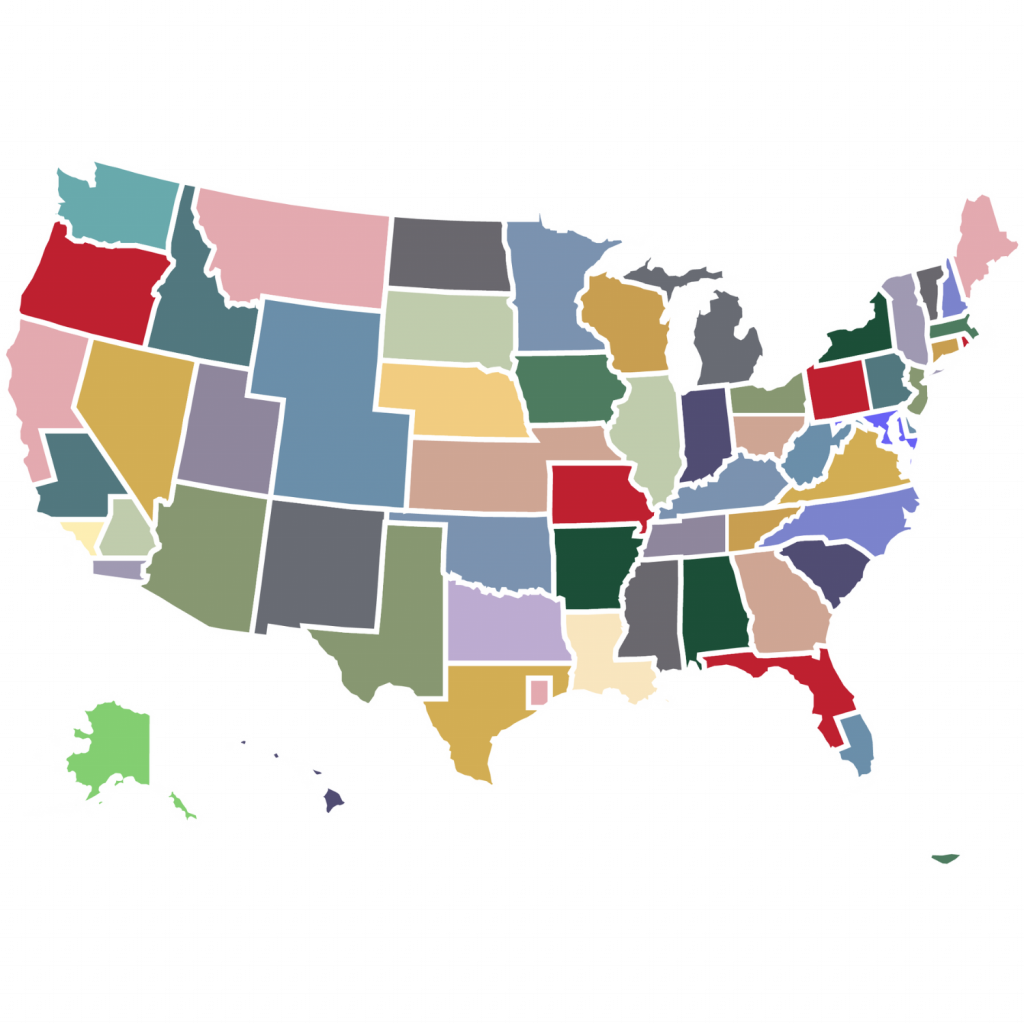By Laura Litvan and Brian Wingfield
Bloomberg News
Published: July 23, 2014 10:43 AM
Source: www.bloomberg.com/news/2014-07-23/boehner-squeezed-by-home-state-exporters-over-ex-im-bank.html
House Speaker John Boehner is getting pressure to reauthorize the U.S. Export-Import Bank from a lobby that’s hard to ignore: manufacturers in and around his southwestern Ohio district that rely on the bank to finance overseas sales. About 200 Ohio companies have been urged to contact Boehner, and a General Electric Co. (GE) aviation subsidiary with 1,000 employees living in his district is lobbying him, all pushing him to oppose members of his party who want to shut the bank when its charter expires Sept. 30.
“We think it’s an issue that deserves to be voted on, and the efforts to block it are very disturbing to us,” said Thomas Norwalk, vice chairman of the Southern Ohio District Export Council in Dayton, which is coordinating a last-ditch letter-writing campaign to Boehner from small exporters.
The Congress has 17 scheduled work days before the bank’s lending ability runs out.
The Republican speaker has supported the bank in the past and hasn’t committed either way this year, even as other top Republicans including Majority Leader-elect Kevin McCarthy of California have joined the effort to end it. If a compromise is struck to save the bank, Boehner’s support will be necessary to guide it through the chamber.
The 80-year-old bank founded during the New Deal helps foreign companies buy U.S. goods by guaranteeing loans and providing other financing. The bank last year backed $37.4 billion in exports, and says it has returned a profit to the Treasury of more than $3.4 billion since 2005.
Ohio manufacturers are top users of Ex-Im Bank financing. From 2007 to 2014, Ohio ranked sixth for exporters who have used the bank to help finance their overseas sales, with 253 Buckeye State businesses making use of its services to support $2 billion in exports, according to data from the bank. Ten small-business exporters located inside Boehner’s district received help from the bank since 2007, bank data show.
“He could be a champion for this,” said Jody Milanese, vice president of government affairs at the National Small Business Association, which has 2,000 exporters among its members. “He certainly plays a central role as speaker and we hope he brings his members together on this issue and works with Senate Democrats.”
Opposition took shape after Republicans won control of the House in 2010, bringing in a wave of freshmen backed by the small-government Tea Party movement. The effort gained momentum last year when Republican Jeb Hensarling of Texas took over the Financial Services Committee, which controls legislation tied to the bank and said it should lapse. “Who benefits? Overwhelmingly and indisputably it’s some of the largest, richest, most politically connected corporations in the world — like Boeing, General Electric, Bechtel and Caterpillar,” Hensarling said at a June hearing.
When the bank was reauthorized for two years in 2012, it was after months of debate. President Barack Obama signed the measure a day before the bank’s charter was scheduled to lapse.
The bank is confronting an onslaught from conservative groups and some House Republicans who say it’s a form of corporate welfare and should be axed. The bank’s support for U.S. exports last year benefited businesses like Boeing Co. (BA) of Chicago and Hartzell Propellers Inc. of Piqua, Ohio.
The top Ohio exporter using the bank is GE and its GE Aviation subsidiary, which has headquarters in the Cincinnati suburb of Evendale just outside Boehner’s district. GE’s Ohio operations saw $474 million in exports supported by the Ex-Im bank over the seven-year stretch. Of 10,000 workers at GE Aviation, about 1/10th are Boehner constituents, said Rick Kennedy, a company spokesman.
The subsidiary is reaching out to all Ohio lawmakers in its lobbying, but has a long-standing relationship with Boehner and hopes his understanding of their export business keeps him on the side of a reauthorization, Kennedy said. Of about $22 billion in aviation revenue last year, he said, about 55 percent was from international sales and Ex-Im financing helped on many deals. “Boehner understands our business model, let’s put it that way,” Kennedy said. “He certainly understands the model and how important exports have been for this whole region in southern Ohio.”
According to the nonpartisan Center for Responsive Politics, GE’s political action committee and individuals who work for the company gave $30,850 to Boehner’s re-election committee and his leadership PAC in the 2012 election cycle, and $32,200 for the 2010 elections. The company has about 135,000 U.S. employees.
The partisan infighting over the bank’s future has some small exporters in Boehner’s Ohio district worried and reaching out to the speaker to back the bank.
At one of those companies, Fluid Quip Inc. in Springfield, executives say the Export-Import Bank is responsible for about a quarter of its $20 million in revenue and is aiding a fast expansion of overseas sales. Field Quip, which makes separation and grinding equipment for milling, needs Ex-Im loan guarantees so it can spend cash downpayments from overseas purchases to start work on orders, said President Andy Franko. The bank is very important to us, it makes a big difference,” said Franko, who wrote a letter to the speaker urging him to keep the bank operating. “He’s supposed to be the leader, so he has a lot of power in deciding this.”
Doug Buckner, president of a Fairfield, Ohio, firm that makes centrifuges for sugar refining, said the lack of an endorsement from Boehner is puzzling. Boehner has been a backer of the bank since he came to Congress in 1991. “We need this in our toolkit,” said Buckner, who said his 65-employee Western States Machine Co. has benefited from Ex-Im financing for sales to Latin America and Asia. “I can’t believe that they’re even considering not doing this.”
Lawmakers have 17 days in session to before the charter expires, due to a five-week recess that begins Aug. 1. The Obama administration is seeking a five-year reauthorization and a gradual increase in the bank’s lending cap, to $160 billion from $140 billion.
Last month, the drive to close the bank got a fresh ally when McCarthy, just elected to the party’s No. 2 job in the House, made clear he was joining some other powerful Republican foes of the bank, including Hensarling and Paul Ryan of Wisconsin, the Budget Committee chairman and 2012 vice presidential nominee.
House Oversight and Government Reform Committee Chairman Darrell Issa, a California Republican, last week began an investigation into allegations of corruption at the bank.
Boehner, on the other hand, has been more guarded. In comments to reporters late last month, he noted that the bank was originally created to give “equity” to U.S. manufacturers who lacked the advantages of foreign competitors with access to government financing help, while also noting the bank is increasingly controversial with many in his rank and file. While he’s urging Hensarling to lead discussions about possible solutions, he also described himself as a “facilitator” of a final outcome.
“Listen, as the guy who’s the facilitator of trying to get to a discussion to get to an outcome, I think laying my cards on the table tilts the balance,” Boehner told reporters on June 25. “I don’t want to do that. I want to get our members to a place where they are comfortable, whatever that is.” Michael Steel, Boehner’s spokesman, didn’t respond to a request to elaborate on the speaker’s views for this story.
Ohio’s Republican senator, Rob Portman, said at a July 10 meeting with Bloomberg reporters and editors that he would back a reauthorization of the bank but only with some changes in its operations such as greater accountability. Of Boehner, Portman said, “I assume he’d like to see some reforms, and I think we can get some good reforms.”
Opponents of the bank say they’re increasingly confident that Boehner will side with his top lieutenants. “Certainly the speaker has a role in the debate, but his majority leader is against it, his financial services committee chairman is against it, and his budget committee chairman is against it,” said Dan Holler, a spokesman for Heritage Action, a group aligned with the conservative Heritage Foundation. “We are about two-and-a-half months from seeing the bank’s charter expire.”
In a drive to prevent that, business groups led by the U.S. Chamber of Commerce and the National Association of Manufacturers are combing Capitol Hill, focusing on leaders like Boehner and McCarthy and even freshman Republicans who didn’t vote on the 2012 reauthorization, said Chris Wenk, a trade lobbyist with the Chamber. The “end game” in the debate will play out in September, Wenk and other lobbyists say, and one possibility is to try to attach the reauthorization to a must-pass stop-gap measure that would extend government spending authority past the Sept. 30 end of the fiscal year.
That, and just about any other approach to reauthorizing the bank, would require Boehner’s cooperation. And whether he’d do that, he doesn’t seem to be letting on back home in Ohio.
Boehner came by for a tour last spring of Kaivac Inc. in Hamilton. Mark Ferguson, international development manager at the cleaning products maker, said he and other executives explained how the company’s sales have doubled each of the past two years with help from the bank, expanding into the U.K., Poland and other markets. Boehner, he said, was noncommittal. “He just basically said he was aware of the situation and he is doing what he can to make sure resources are available to small manufacturers, but he didn’t really give any kind of commitment one way or the other on the Export-Import Bank,” Ferguson said.































































